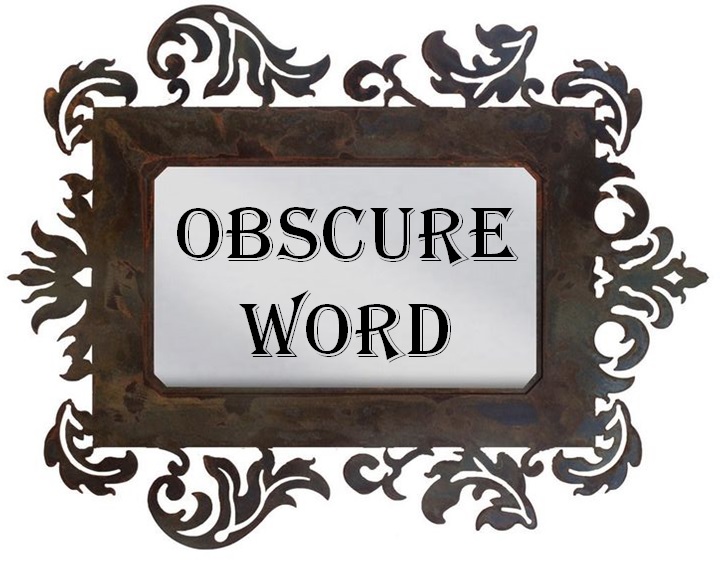I’ve taught English as a foreign language for adults for years, from the age of 13 up until Covid put such gatherings on hold. I would often use some kind of exercise that allowed students to think outside of their normal lives, to stretch their vocabulary and to practice speaking and forming sentences outside of their comfort zone. I once had a nursing student, meeting as a semi-private student with another fellow nurse, who categorically refused to do any exercises requiring a make-believe scenario; she called herself a “realist”. Despite reasoning with her, or her friend asking her to participate so that she could learn more, she refused. I found it frustrating as a teacher, but I found it tragic as a writer and creative thinker.
Thinking outside of the box and thinking creatively stretches our brains in extraordinary ways; it promotes creative problem solving, allows us to put ourselves in someone else’s shoes for a moment, and can help us view a situation from several different angles. By thinking into fictitious scenarios, we learn something about ourselves along the way – those things that make us tick, our strengths, or our weaknesses.
For years, I’ve collected interesting writing prompts whenever I’ve come across them; it’s going down the proverbial rabbit hole to follow leads on the internet, but because I’ve collected them willy-nilly, I can’t tell you exactly where they originated – it’s a common problem with online research, and as often as I can, I try to give proper credit to images that I use if they’re not my own; the people out there who offer their creative perspectives, photography talents, or Photoshop skills deserve credit where credit’s due. But it’s one reason that I don’t often share such prompts here, for those of you following who are also writers. Another reason is that there are enough sites out there stuffed to the gills with prompts. What I would like to do today is share an exercise in imagination.
Albert Einstein quotes run rampant on the internet; without a reference book to know what he actually said, I feel that many of them fall into this category:
Having said that, sometimes you can gather the essence of what he probably said by reading “diagonally” through the supposed quotes, and one such sentiment is that Einstein said something like, “Imagination is more important that knowledge; knowledge is limited to all we know and understand, while imagination embraces the entire world.” Mark Twain once wrote*, “You can’t depend on your eyes when your imagination is out of focus.” [* Excerpt from his Complete Works] (By the by, if you’d like more Mark Twain wit, I wrote an article about his views on Switzerland, and the German language – just click here.)
So here’s something to exercise your imagination with:
You have the choice between flight and invisibility; which do you choose and why? What will you do with this superpower?
I’d love to hear your answers in the comments below!



 Today’s obscure word is one which describes something most of us know and love, but which most of us have probably never even thought about naming: Petrichor. It’s used to describe that delicious scent hanging in the air after rain has fallen on dry ground. The word entered the English language in the 1960s, and is a combination of
Today’s obscure word is one which describes something most of us know and love, but which most of us have probably never even thought about naming: Petrichor. It’s used to describe that delicious scent hanging in the air after rain has fallen on dry ground. The word entered the English language in the 1960s, and is a combination of 


 Have you ever had that feeling that, when you meet someone for the first time, you already know them? Most of us might think of that person as a soulmate – someone we understand and who understands us without using many words or having to explain ourselves.
Have you ever had that feeling that, when you meet someone for the first time, you already know them? Most of us might think of that person as a soulmate – someone we understand and who understands us without using many words or having to explain ourselves.










